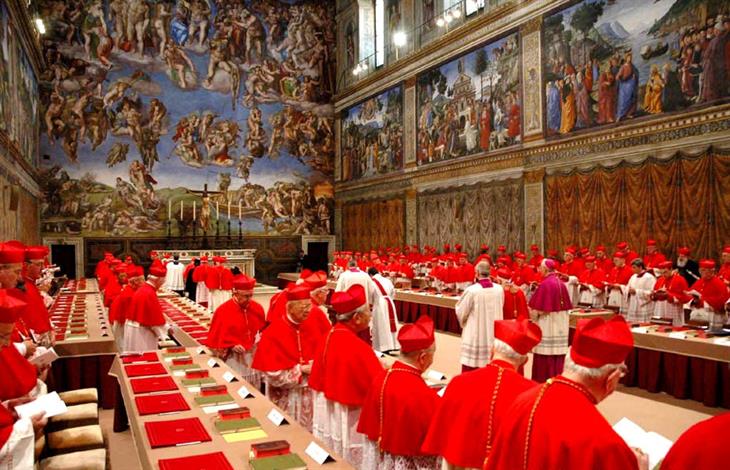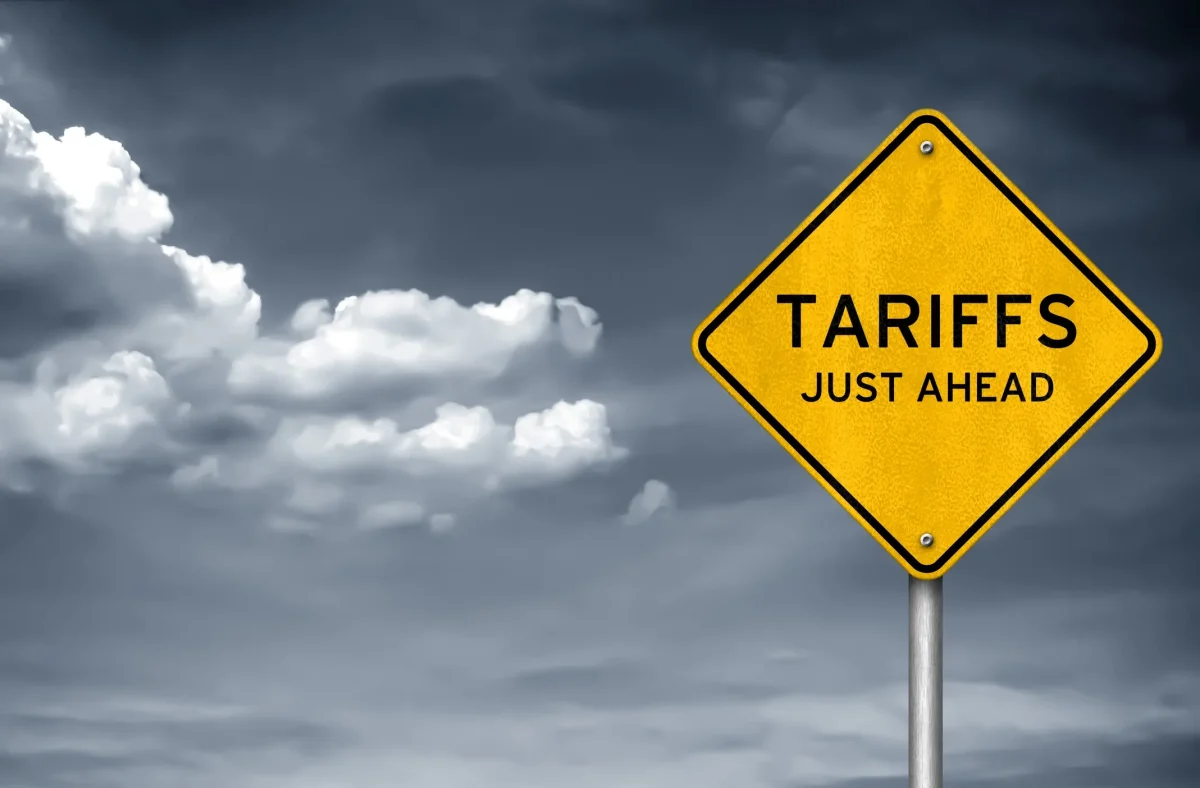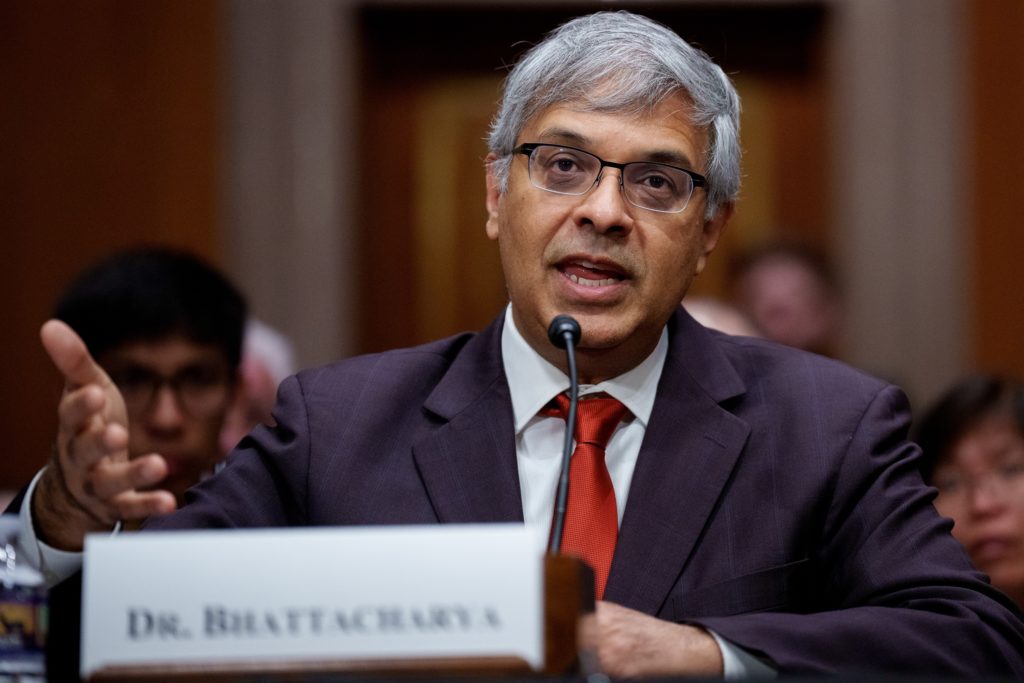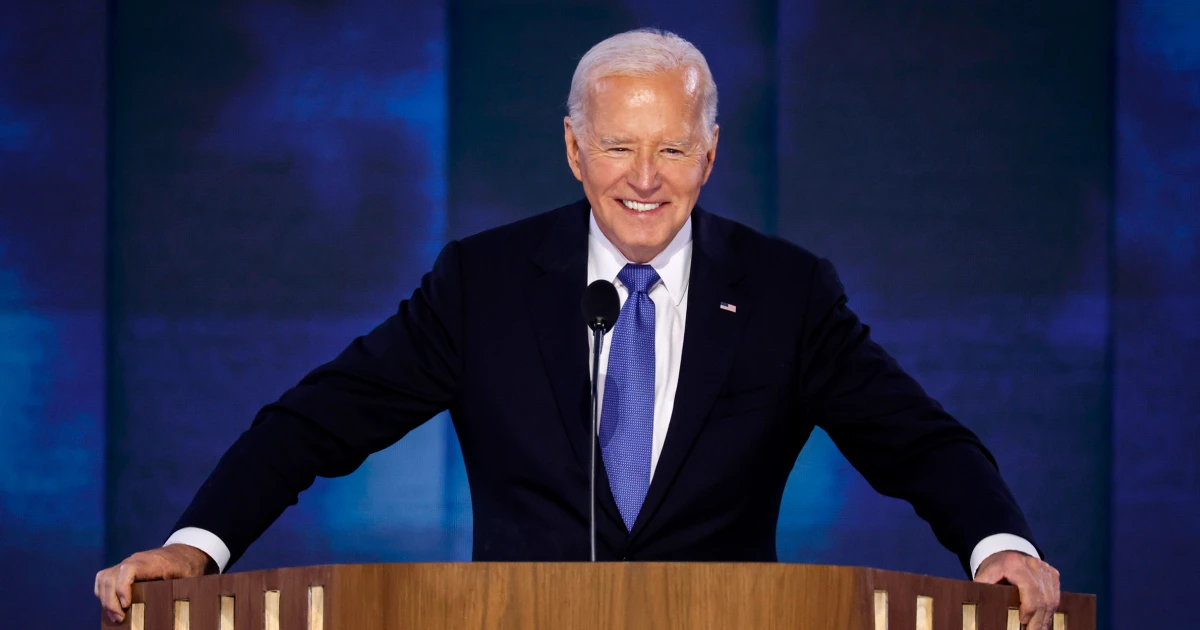For three weeks of last month, the House of Representatives found itself without a Speaker of the House. Former Speaker Kevin McCarthy conceded to a motion to vacate in January, but the House of Representatives had never removed a speaker while in office before. Both Democratic and Republican representatives voted for McCarthy’s dismissal last month, despite McCarthy being a Republican himself.
“There was a reason [McCarthy] was elected Speaker of the House and it was because he was able to mediate,” senior Ryan Oltmann said. “That’s eventually why he was ousted, because Republicans on the far right did not believe that he should be mediating with the Democrats.”
For the next three weeks, the House of Representatives searched for a new Speaker of the House. The House of Representatives considered many people thoroughly to take over this role and votes on potential candidates frequently occurred, but none had the support of a majority. Extreme polarization between and within political parties made finding a Speaker who appealed to the ideals of all Republican representatives practically impossible. All three previous designates -Tom Emmer, Steve Scalise, and Jim Jordan- dropped out of the runnings because they feared that they would be unable to gain the 217 Republican votes necessary to become the next Speaker.
“The least I expect out of our elected leaders is that they can find a way to organize themselves and manage government,” American Studies teacher Kristy Alexander said. “We found ourselves in the middle of some chaotic situations that needed immediate responses and I’ve been frustrated with their inability to figure themselves out and get themselves organized.”
During this time, worries arose on whether a Speaker could be decided in time to face pertinent issues such as providing financial aid for foreign countries and a looming government shutdown. After three weeks of growing uncertainty, the House of Representatives chose Mike Johnson as its speaker. Despite the fact that Congress could return to its focus on resolving national issues, the result of Johnson’s appointment caused some people to question whether he had the credentials necessary to lead the House. This occurred due to his fairly average political career as a representative of Louisiana before being appointed. However, when deciding upon a new Speaker, Johnson received a unanimous vote from all Republican representatives.
“I think that the reason he was elected unanimously is that all of the representatives were beginning to feel the heat from voters,” Alexander said. “I wonder if he was just the lowest common denominator they could get to, [and if] he was the least polarizing person. Nobody really knew a whole lot about him.”
Since the House of Representatives’ appointment of Johnson as Speaker of the House, the focus of representatives returns to domestic and international issues that have grown in the time spent without a Speaker. One of the first votes taken under Johnson was to approve aid for Israel, but since such an act would exclude aid for Ukraine, it is unlikely that it will pass through both the Senate and be accepted by President Biden. In addition, Johnson proposed to push back the issue of a government shutdown into next year through a stopgap bill that would include budget deadlines in January and February.
“On a utilitarian level, now that they have a Speaker, [the House of Representatives] can continue to do its job more effectively,” Oltmann said. “But I don’t think that things are necessarily going to change a whole lot in terms of efficacy.”
Many of the votes that the House of Representatives proposed in the weeks following Johnson’s appointment reflected the same qualities as the previous policy. In the case of the threat of a government shutdown, Johnson reached a solution by mediating with Democrats before the tight deadline. Though this contradicts the far-right support Johnson received over the first weeks of his new position, it represents his potential willingness to work with people of opposing viewpoints in times of heightened stress. Mediating with Democratic representatives caused some Republicans to question McCarthy’s moderate policies before he was removed. This appears to be Johnson’s practice as well, though it is unlikely that Johnson might be ousted as suddenly as his predecessor.
“I don’t think it’s going to happen to Johnson by the Republicans,” Oltmann said. “I just don’t think they want to go through that process again, so there won’t be any pushback from [Republicans]. I think he will be in power for the foreseeable future.”















